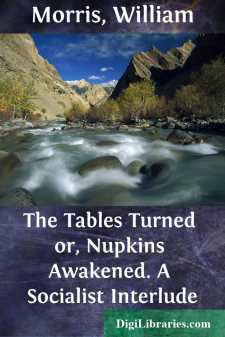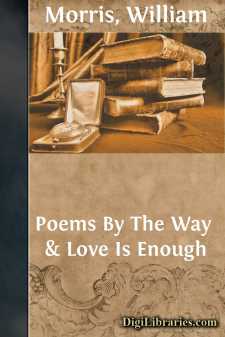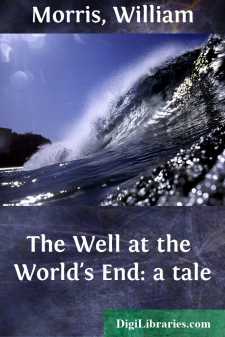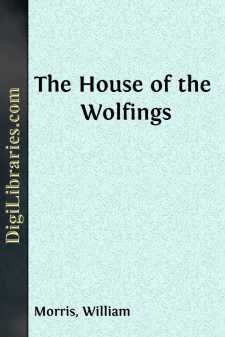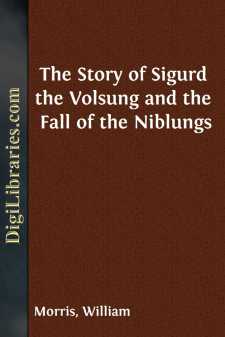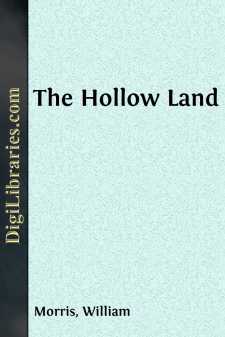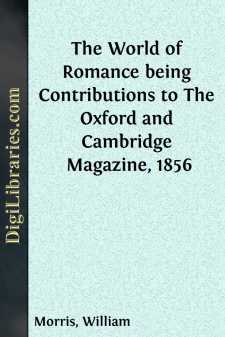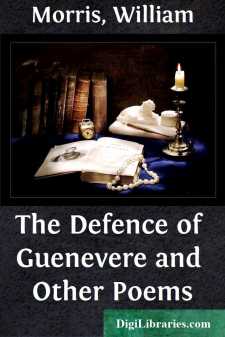Categories
- Antiques & Collectibles 13
- Architecture 36
- Art 48
- Bibles 22
- Biography & Autobiography 813
- Body, Mind & Spirit 142
- Business & Economics 28
- Children's Books 17
- Children's Fiction 14
- Computers 4
- Cooking 94
- Crafts & Hobbies 4
- Drama 346
- Education 46
- Family & Relationships 57
- Fiction 11829
- Games 19
- Gardening 17
- Health & Fitness 34
- History 1377
- House & Home 1
- Humor 147
- Juvenile Fiction 1873
- Juvenile Nonfiction 202
- Language Arts & Disciplines 88
- Law 16
- Literary Collections 686
- Literary Criticism 179
- Mathematics 13
- Medical 41
- Music 40
- Nature 179
- Non-Classifiable 1768
- Performing Arts 7
- Periodicals 1453
- Philosophy 64
- Photography 2
- Poetry 896
- Political Science 203
- Psychology 42
- Reference 154
- Religion 513
- Science 126
- Self-Help 84
- Social Science 81
- Sports & Recreation 34
- Study Aids 3
- Technology & Engineering 59
- Transportation 23
- Travel 463
- True Crime 29
News from Nowhere, or, an Epoch of Rest : being some chapters from a utopian romance
by: William Morris
Description:
Excerpt
CHAPTER I: DISCUSSION AND BED
Up at the League, says a friend, there had been one night a brisk conversational discussion, as to what would happen on the Morrow of the Revolution, finally shading off into a vigorous statement by various friends of their views on the future of the fully-developed new society.
Says our friend: Considering the subject, the discussion was good-tempered; for those present being used to public meetings and after-lecture debates, if they did not listen to each others’ opinions (which could scarcely be expected of them), at all events did not always attempt to speak all together, as is the custom of people in ordinary polite society when conversing on a subject which interests them. For the rest, there were six persons present, and consequently six sections of the party were represented, four of which had strong but divergent Anarchist opinions. One of the sections, says our friend, a man whom he knows very well indeed, sat almost silent at the beginning of the discussion, but at last got drawn into it, and finished by roaring out very loud, and damning all the rest for fools; after which befel a period of noise, and then a lull, during which the aforesaid section, having said good-night very amicably, took his way home by himself to a western suburb, using the means of travelling which civilisation has forced upon us like a habit. As he sat in that vapour-bath of hurried and discontented humanity, a carriage of the underground railway, he, like others, stewed discontentedly, while in self-reproachful mood he turned over the many excellent and conclusive arguments which, though they lay at his fingers’ ends, he had forgotten in the just past discussion. But this frame of mind he was so used to, that it didn’t last him long, and after a brief discomfort, caused by disgust with himself for having lost his temper (which he was also well used to), he found himself musing on the subject-matter of discussion, but still discontentedly and unhappily. “If I could but see a day of it,” he said to himself; “if I could but see it!”
As he formed the words, the train stopped at his station, five minutes’ walk from his own house, which stood on the banks of the Thames, a little way above an ugly suspension bridge. He went out of the station, still discontented and unhappy, muttering “If I could but see it! if I could but see it!” but had not gone many steps towards the river before (says our friend who tells the story) all that discontent and trouble seemed to slip off him.
It was a beautiful night of early winter, the air just sharp enough to be refreshing after the hot room and the stinking railway carriage. The wind, which had lately turned a point or two north of west, had blown the sky clear of all cloud save a light fleck or two which went swiftly down the heavens. There was a young moon halfway up the sky, and as the home-farer caught sight of it, tangled in the branches of a tall old elm, he could scarce bring to his mind the shabby London suburb where he was, and he felt as if he were in a pleasant country place—pleasanter, indeed, than the deep country was as he had known it....




